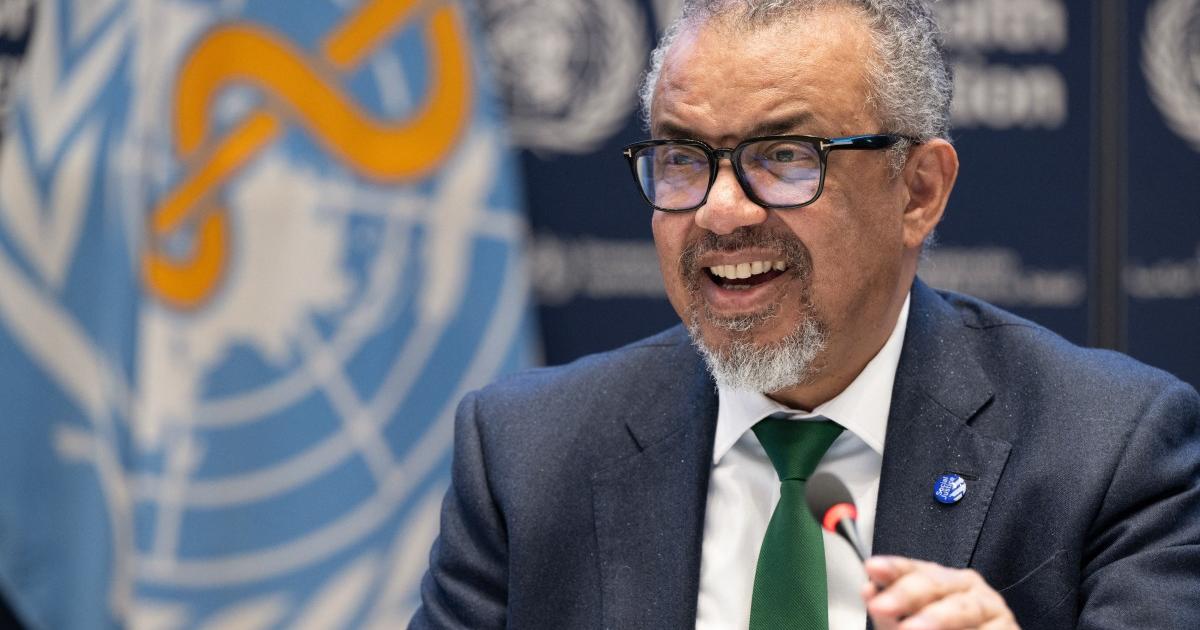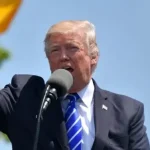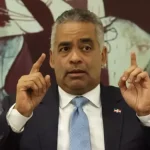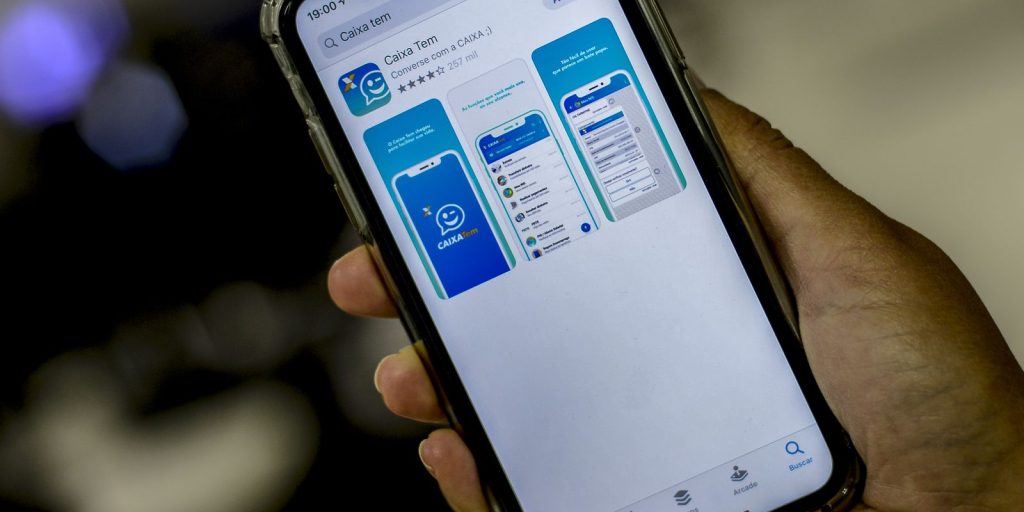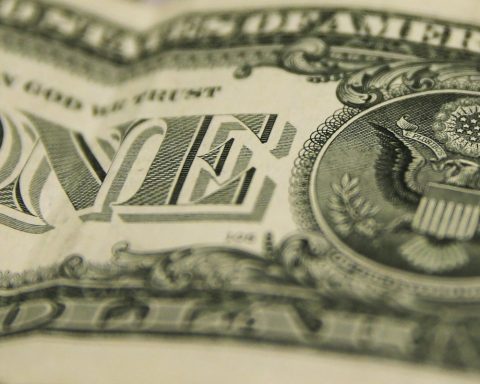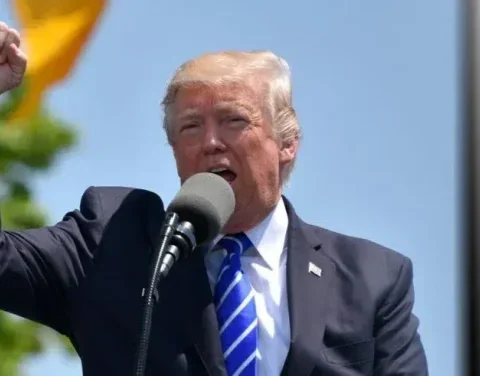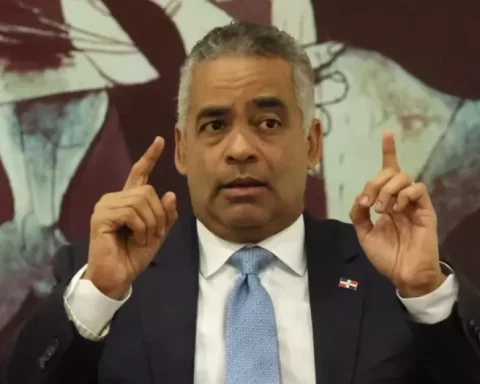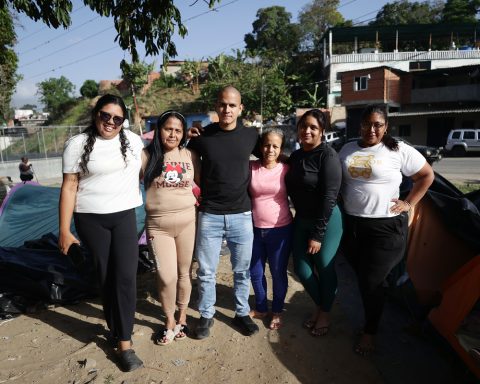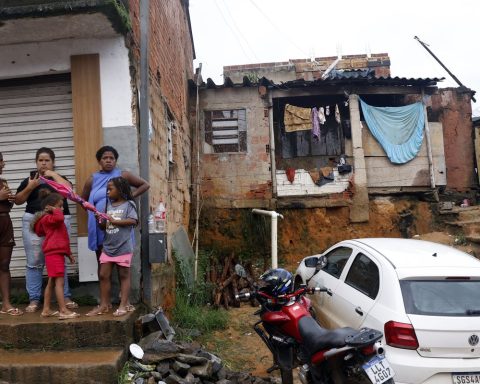This international agreement will help better coordination between countries and a more equitable distribution of available resources.
More than 190 countries won on Tuesday adopt the first global treaty on pandemics of history in the framework of negotiations in the World Health Organization (WHO) and after three years of arduous deliberations.
This international agreement will help better coordination between countries A more equitable distribution of resources available to face the next pandemic, which scientists agree that it will happen sooner or later with some new pathogen.
Read more: Petro will decree the economic and health emergency to face the yellow fever virus
The agreement offers the main guidelines so that national and international levels develop prevention, preparation and of response to future pandemicswith an emphasis on aspects such as solidarity and reciprocity, although not to the extent that medium and low development countries expected.
Several diplomats who participated in the last stretch of the negotiations, which included marathon sessions up to 24 hours uninterrupted, regretted that much of the commitments assumed in the agreement are voluntary, but explained that they were before the dilemma of “accepting what is on the table or going empty -handed.”
In addition, these negotiations have been seen as an opportunity to show international unity and support for multilateralism at a time when WHO faces one of the most difficult moments of its 75 years of its existence for the withdrawal of the United States and the loss of the considerable resources that this country destined.
The agreement creates a global supply and logistics chain network to try to ensure equitable, fast and affordable access to products (medicines, vaccines, medical material, among others) destined not only to face and control a pandemic, but also necessary in situations of humanitarian crises.
It may interest you: President Petro does not know Daniel Noboa’s triumph in Ecuador for alleged irregularities
The purpose is that there is transparency throughout that chain and coordinate the international reserves that exist, which is complemented by another article, which states that countries should not carry out “Excessive national reserves” of vital products to stop a pandemic.
Several rich countries that monopolized vaccines during the COVID-19 and stored amounts that even exceeded their immediate national needs then had to get rid of these stocks when the lots reached their expiration date, while the vaccines came to the poor countries.
Likewise, the treaty establishes a new access and participation mechanism in the benefits obtained from shared pathogens in an existing system and that manages WHO.
The great change to be achieved with respect to the situation that prevailed during the pandemic is that the pharmacists who access these pathogens – from which vaccines and treatments can be investigated and develop – assign 20 % of the product that manufacture the WHO, half as donation and the rest at an affordable price, so that the organization distributes it where the needs are more urgent.
When the last pandemic broke out, several governments of developed countries financed the pharmaceutical and biotechnology industry to accelerate the development of a vaccine and treatment, But there was no return of that investment and, once the vaccine was ready, they had to negotiate with the producing firms their acquisition.
The agreement reached today aims to prevent something like that for something and for this, for the first time, the financing of the research and development of new treatments, diagnoses or vaccines with public funds must be done in conditions that guarantee a benefit for the common good.
Loading …
More news: Sara Millerey murder in Antioquia: four or five people participated in the crime, reveals a report
“This means that the next time a pandemic hits and that with the money of the taxpayers a very expensive medicine is developed, governments can intervene for the benefit of their citizens and people around the world,” the Director of the NGO initiative for medications for forgotten diseases, Michelle Childs.
“The agreement on pandemics is not perfect; it is the product of a commitment, and all ambitions have not been fulfilled, but creates a new base on which to build to save lives during the next world health emergency,” he stressed.
The Humanitarian Organization Medical Without Borders has hosted “several positive elements” because, in addition to practical issues, “they send a strong sign of world solidarity and shows a collective commitment to inclusive and responsible governance.”
He asked the states to now convert the commitments into actions because that will be the only way to make sense of this agreement.
